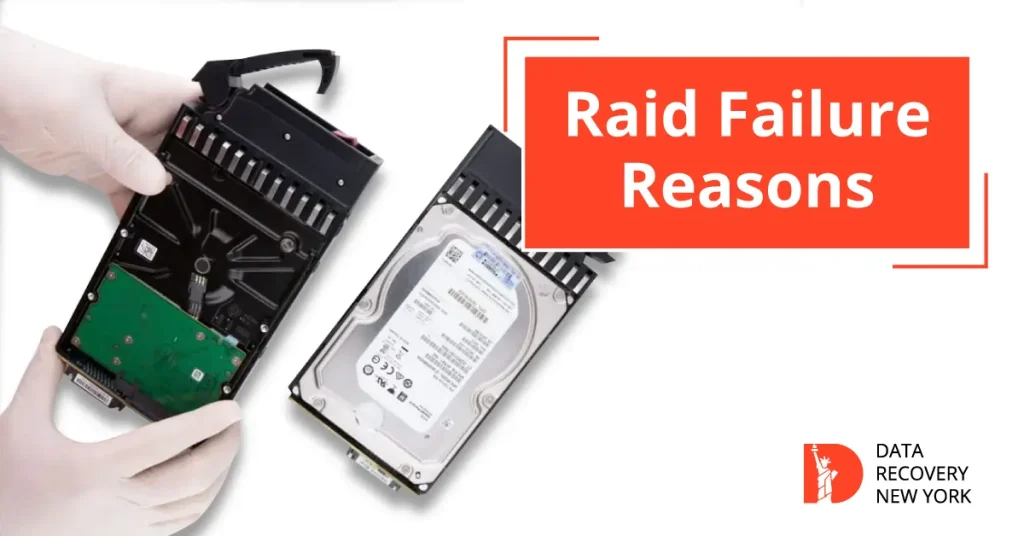Experiencing a RAID failure is challenging, posing a risk of losing crucial data and causing stress. Although RAID systems are designed to enhance reliability and performance with backups, they can still fail due to hardware issues, software errors, or human mistakes. When this happens, recovering the lost data becomes crucial. Grasping the technicalities of RAID data recovery is key to successfully retrieving the vital information stored on these systems.
Symptoms of RAID Failure
RAID is a data storage method that merges several physical disk drives into one cohesive unit, enhancing performance, resilience against failures, and storage capacity. However, like any other storage device, RAID drives are susceptible to failures and can lead to data loss if improperly handled. Several warning signs indicate your RAID drive might be failing. Some of the common symptoms include:
Slow performance
If you see a significant decrease in the speed at which your RAID drive operates, it could indicate an impending failure. This is usually caused by hardware malfunctions or issues with the disk controllers.
Frequent error messages
If you start receiving frequent errors while accessing files on your RAID drive, it could signal data corruption or damage. These error messages can range from simple read/write errors to serious ones like “drive not found” or “disk failure.”
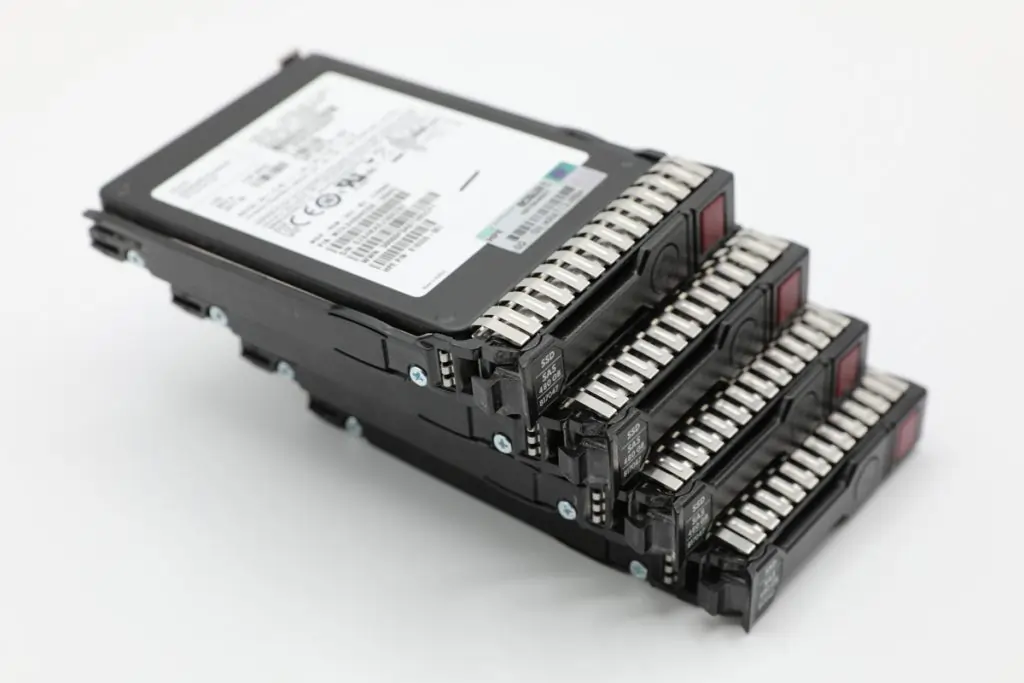
Unusual noises
If you hear unusual clicking, grinding, or whirring noises from your RAID drive, it could indicate physical damage. These noises are caused by mechanical problems in the drive, such as a malfunctioning motor or damaged disk platters.
Missing files or folders
If you cannot access certain files or folders on your RAID drive, it could be due to data loss. This can occur if the drive has been physically damaged or if there is an issue with its internal file system.
Frequent crashes
If your computer or server crashes frequently while accessing data on the RAID drive, it could be a sign of a failing drive. This is especially true if the crashes occur during intensive tasks like data backups or system updates. If you experience any of these symptoms, it is important to take immediate action to prevent further damage and potential data loss.
Causes of RAID Failure
Several factors can cause RAID drive failure, including hardware and software issues. Common causes include mechanical wear leading to damage, RAID configuration errors, firmware corruption, and overheating, all of which can impair system performance and cause data loss. These issues pose significant risks to the reliability of a RAID setup.
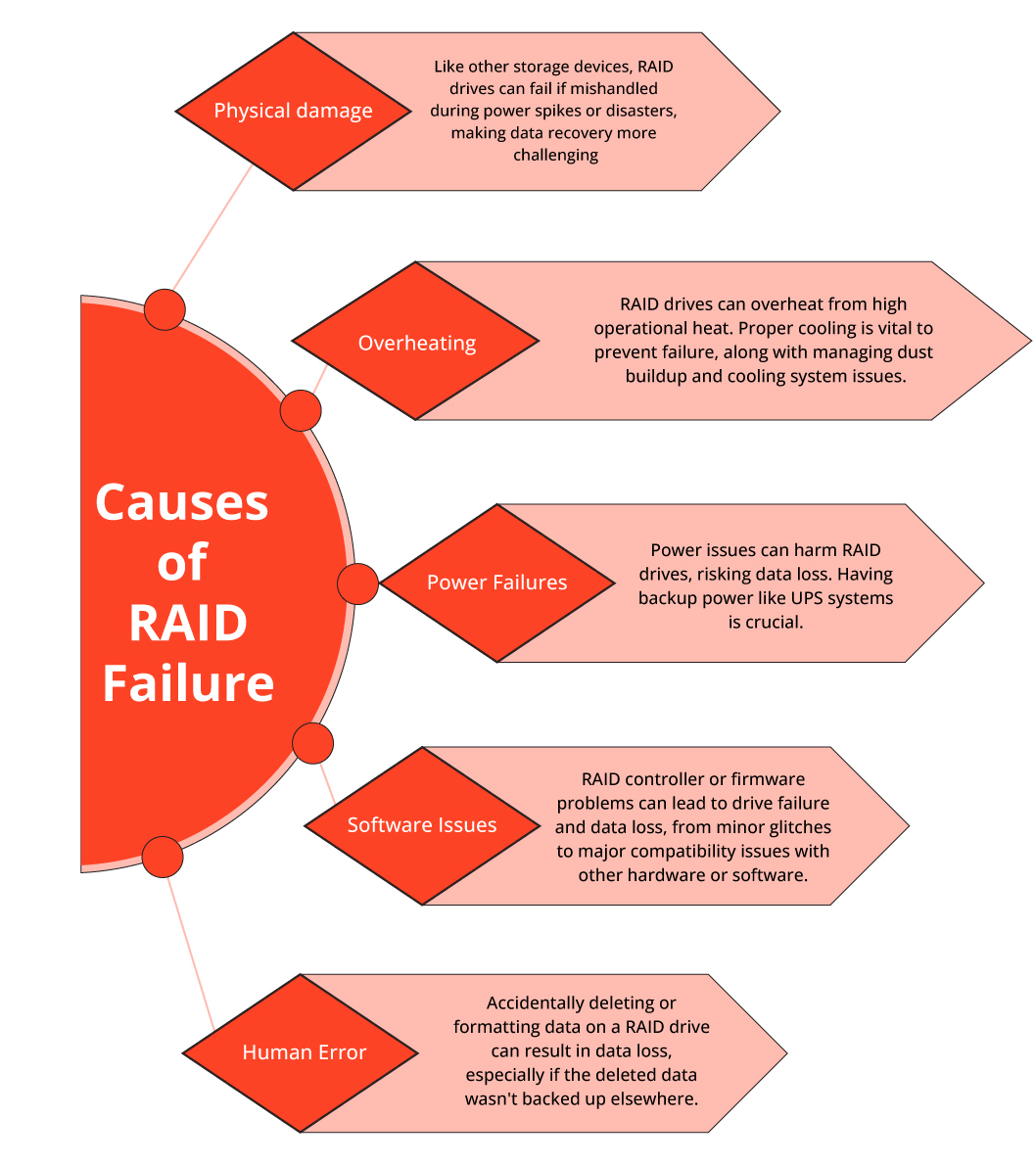
It is important to regularly maintain and monitor your RAID drives to minimize the risk of failure. This includes performing routine backups, keeping the drives clean and well-ventilated, and promptly addressing any warning signs or errors.
Data Recovery for Damaged RAID Drives
If your RAID drive has failed or exhibits symptoms, the first step is to turn off the device and seek professional help. Attempting to recover data alone can further damage the drive and make recovery more difficult. Data recovery for damaged RAID drives requires specialized knowledge, tools, and techniques beyond the average user’s scope.
Professional data recovery companies have the expertise and equipment to handle RAID drives of all types and configurations.
The data recovery process for damaged RAID drives typically involves repairing or replacing failed hardware components, rebuilding the drive’s logical structure, and extracting and restoring as much data as possible.
This can be a time-consuming and complex process, but with the help of professionals, you can raise your chances of recovering your valuable data.
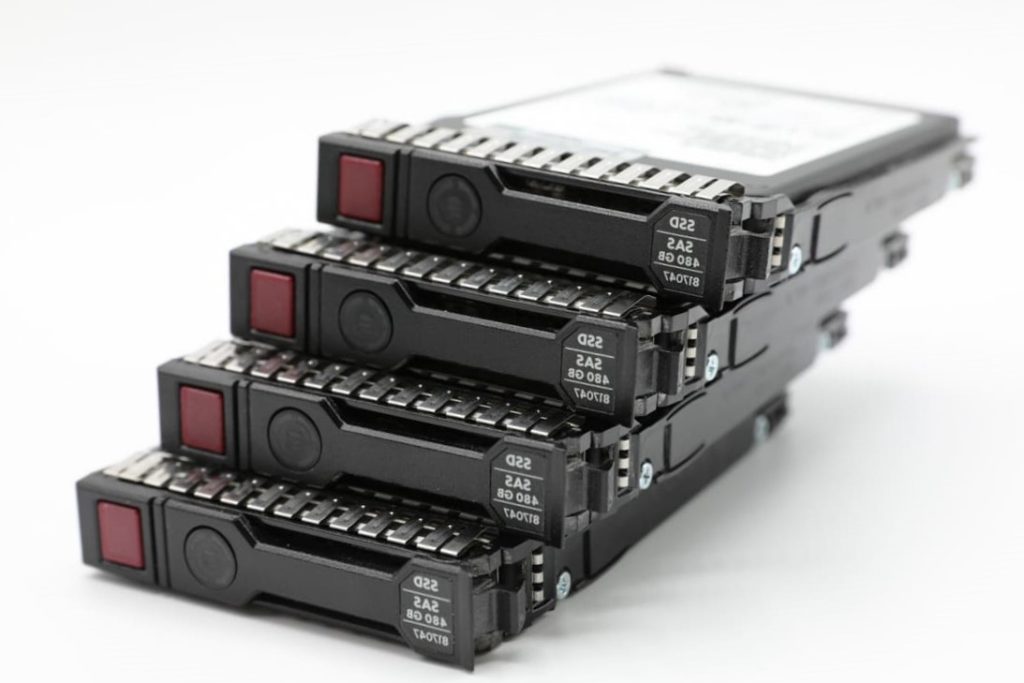
In conclusion, RAID drives are not immune to failures and can lead to significant data loss if not handled properly. It is important to regularly monitor and maintain these drives and seek professional help in cases of failure or damage. Taking proactive steps and implementing necessary precautions can minimize data loss and safeguard your crucial files and documents.
Failed RAID Array Recovery Services Available
At Data Recovery New York, we specialize in recovering data from damaged or failed RAID drives. Our team of experts has years of experience dealing with various types of RAID configurations and can handle even the most complex cases. We use modern technology and techniques to ensure a high success rate in data recovery.
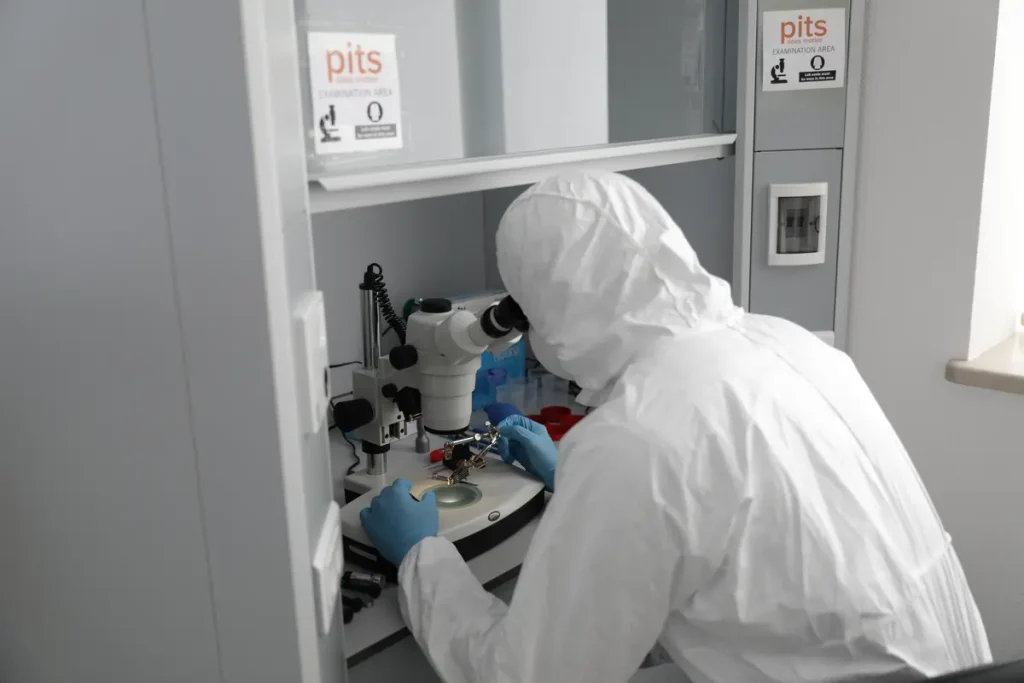
Our process begins with an initial assessment of the damaged RAID drive, where we determine the extent of the damage and provide a quote for our services. We proceed with data extraction and recovery upon receiving the client’s approval.
Our expert team works fast and efficiently to minimize downtime and promptly recover your valuable data. We understand the importance of your data and take all necessary precautions to maintain its confidentiality and security.
We also provide ongoing support and guidance to help prevent future data loss incidents. Contact us today for professional RAID recovery services and give your data the best chance of being completely recovered. End User License Agreement, Privacy Policy, Data Protection, Terms & Conditions
FAQ - Failed RAID Data Recovery
How long does the data recovery process take?
The duration of the data recovery process is influenced by the severity of damage and the intricacy of the RAID drive. Skilled professionals work diligently to facilitate prompt and comprehensive data recovery.
How much does it cost for data recovery from a damaged hard drive?
The cost for damaged hard drive data recovery can vary depending on factors such as the type and extent of damage, size of the RAID drive, and complexity of the data recovery process. Our team will assess your specific situation and provide you with a personalized quote for our services.
Is using DIY methods to repair a damaged RAID drive safe?
No, attempting to repair a damaged RAID drive alone can further damage the drive and make data recovery more difficult. It is best to seek professional help for such cases.
How can I prevent future RAID drive failures?
Regularly monitoring and maintaining your RAID drives can help prevent future failures. A backup plan is also important, such as backing up data on external storage or utilizing cloud services. Additionally, seeking professional help in case of any noticeable issues can also help prevent potential failures.
What should I do if my RAID system fails?
If you encounter a RAID failure, it’s critical to stop using the system immediately to prevent further data loss. Contact a professional data recovery service with expertise in RAID recoveries as soon as possible to evaluate your options.

